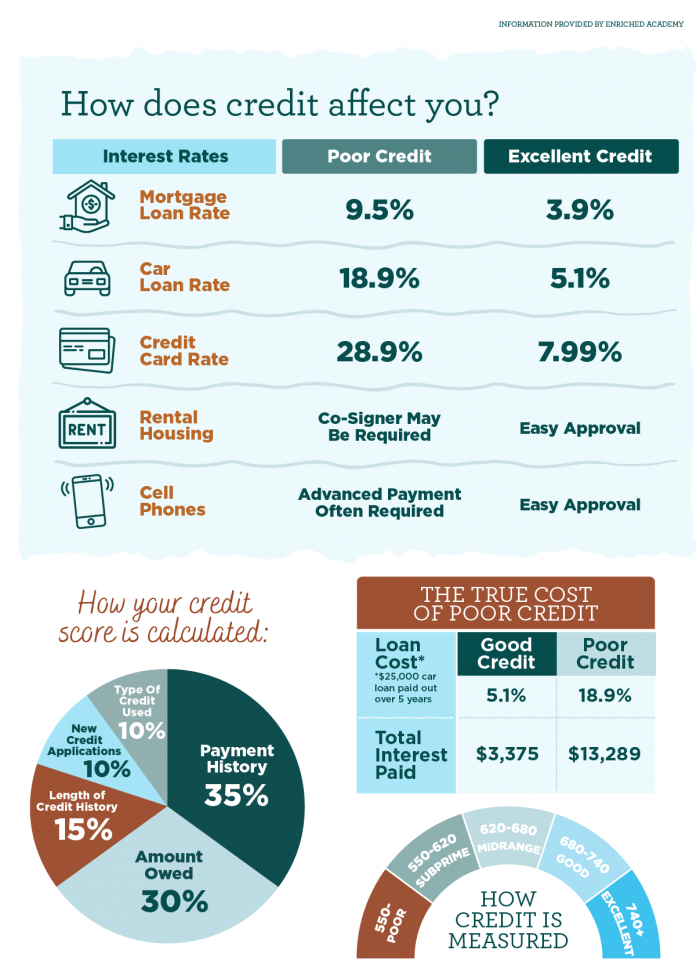Understanding Insurance.
Not all insurance products are created equal. One of the most common mistakes homeowners and potential homeowners make is that they hear the word “insurance” and just assume they have it! Well, you might have one kind of insurance, but you might be missing coverage elsewhere. It is important to understand all the different insurance products to ensure you have proper coverage.
To help you get a better understanding of the insurance, below are the four main insurance product options you will encounter and what they mean:
Default Insurance: This insurance is mandatory for homes where the buyer puts less than 20% down. In fact, default insurance is the reason that lenders accept lower down payments, such as 5% minimum, and actually helps these buyers access comparable interest rates typically offered with larger down payments.
Default insurance typically requires a premium, which is based on the loan-to-value ratio (mortgage loan amount divided by the purchase price). This premium can be paid in a single lump sum, or it can be added to your mortgage and included in your monthly payments.
In Canada, most homeowners know of the Canada Mortgage and Housing Corporation (CMHC), which is run by the federal government, and have used them in the past. But did you know? We also have two private companies, Sagen Financial and Canada Guaranty, who can also provide this insurance.
Home (Property & Fire) Insurance: Next, we have another mandatory insurance option, property and fire coverage (or, home insurance, as most people know it by). This is number two on our list as it MUST be in place before you close the mortgage! It is especially important to note that not all homes or properties are insurable, so you will want to review this sooner rather than later.
In addition to protecting against fire damage, home insurance can also cover the contents of your home (depending on your policy). This is important for anyone looking at purchasing condos or townhouses as the strata insurance typically protects the building itself and common areas, as well as your suit “as is”, but it will not account for your personal belongings or any upgrades you made. Be sure to cross-check your strata insurance policy and take out an individual one on your unit to cover the difference.
One final thing to consider is that you may not be covered in the event of a flood or earthquake. You may need to purchase additional coverage to be protected from a natural disaster, depending on your location.
Title Insurance: Another insurance policy that potential homeowners may encounter is known as “title insurance”. When it comes to lenders, this insurance is mandatory with every single lender in Canada requiring you to purchase title insurance on their behalf.
In addition, you have the option of purchasing this for yourself as a homeowner. The benefit of title insurance is that it can protect you from existing liens on the property’s title, but the most common benefit is protection against title fraud. Title fraud typically involves someone using stolen personal information, or forged documents to transfer your home’s title to him or herself – without your knowledge.
Similar to default insurance, title insurance is charged as a one-time fee or a premium with the cost based on the value of your property.
Mortgage Protection Plan: Lastly, we have our mortgage protection plan coverage. This is an optional coverage, but one that any agent can tell you is extremely important. The purpose of the mortgage protection plan is to protect you, and your family, should something happen. It acts as a disability and a life insurance policy in regard to your mortgage.
Typically, when you get approval for a mortgage, it is based on family income. If one of the partners in the mortgage is no longer able to contribute due to disability or death, a mortgage protection plan gives you protection for your mortgage payments.
If you have any questions about mortgage insurance or what are the best options for you, please do not hesitate to reach out to a Dominion Lending Centres mortgage expert for professional advice! They can take a look at your existing plan and discuss your needs to help you find the perfect coverage to suit you and your family.
Written By Our DLC Marketing Team!
